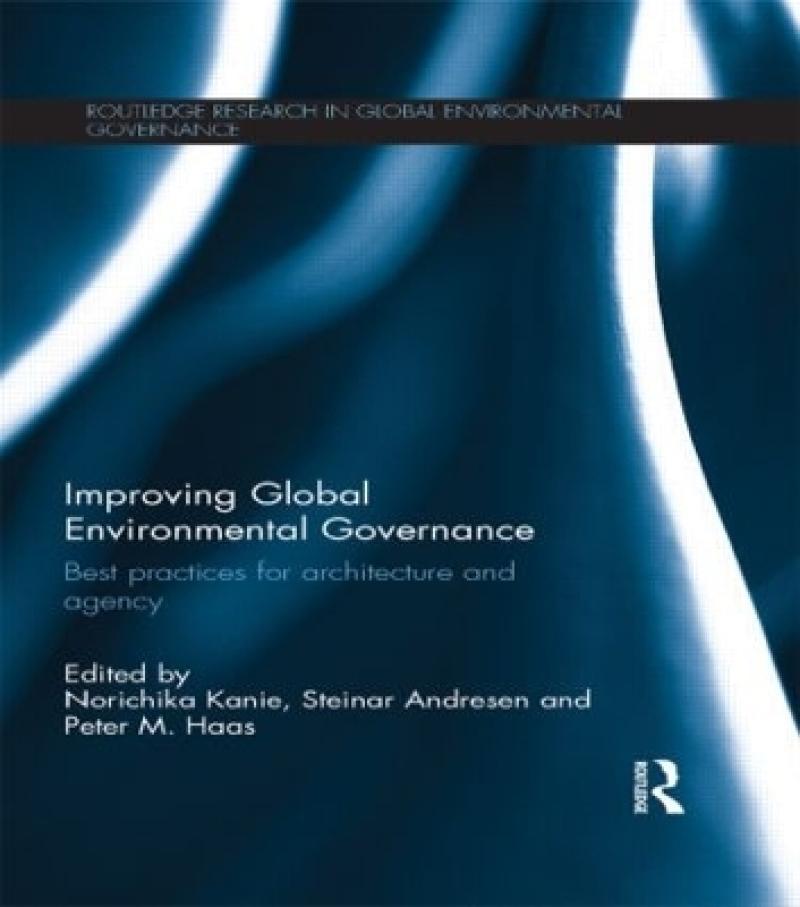The experience of environmental governance is approached in Improving Global Environmental Governance from the unique perspective of actor configuration and embedded networks of actors, which are areas of emerging importance. The chapters look at existing Multilateral Environmental Agreements (MEAs) and the broader constellation of partially networked institutions to better understand the involvement of individual actors and how to deepen the networks that include them to generate more effective governance.The book covers a wide range of issued pertaining to environmental governance including trans-boundary air pollution, marine pollution, biodiversity and ozone depletion. It also examines partnerships as a hybrid case of emerging modes of environmental governance. These partnerships are a recent form of actor configuration that warrant attention for dealing with global environmental threats in order to better understand the full potential of actor configurations in the absence of state involvement. In order to test applicability to on-going but stalled processes, the book applies the approach to one of the most difficult issues we face: climate change. By addressing key questions in this important area, the book provides new perspectives in the nexus between agency and architecture in environmental governance in the twenty-first century.
Les mer
By addressing key questions in this important area, the book provides new perspectives in the nexus between agency and architecture in environmental governance in the twenty-first century.
Preface Introduction: Pluralistic Actor Configurations and International Environmental Governance: Best and Worst Practices for Improving Environmental Governance 1. Agenda Setting at Sea and in the Air 2. Lessons Learned in Multilateral Environmental Negotiations 3. Actor Configurations and Compliance Tasks in International Environmental Governance 4. The Mismatch of Implementation Networks in International Environmental Regimes: Lessons from Different Agreements 5. Resilience and Biodiversity Governance: The processes of actor configurations which support and limit resilience 6. Governance Components in Private Regulation: Implications for Legitimacy, Authority and Effectiveness 7. Actor configurations in the climate regime: The states call the shots Conclusion: Lessons from Pluralistic Green Governance
Les mer
Produktdetaljer
ISBN
9781138899070
Publisert
2015-05-22
Utgiver
Vendor
Routledge
Vekt
408 gr
Høyde
234 mm
Bredde
156 mm
Aldersnivå
U, 05
Språk
Product language
Engelsk
Format
Product format
Heftet
Antall sider
280
Biographical note
Norichika Kanie is Associate Professor at the Tokyo Institute of Technology, Japan and a Research Fellow at the United Nations University Institute of Advanced Studies.
Steinar Andresen is Research Professor at Fridtjof Nansen Institute, Norway
Peter M. Haas is Professor of Political science at the University of Massachusetts Amherst, USA
